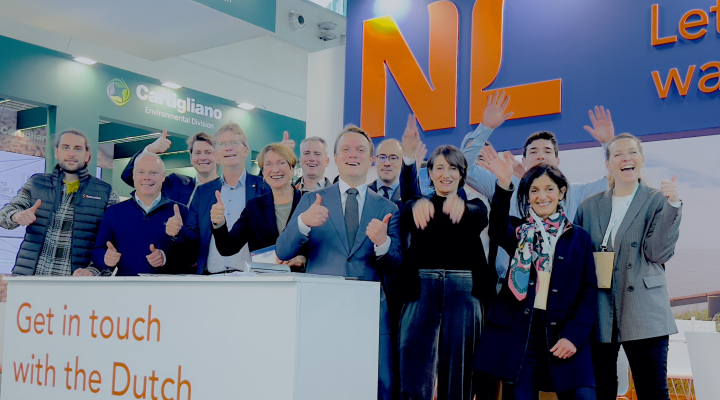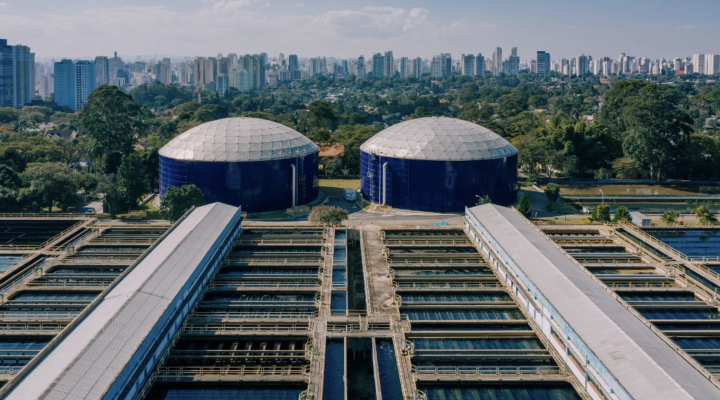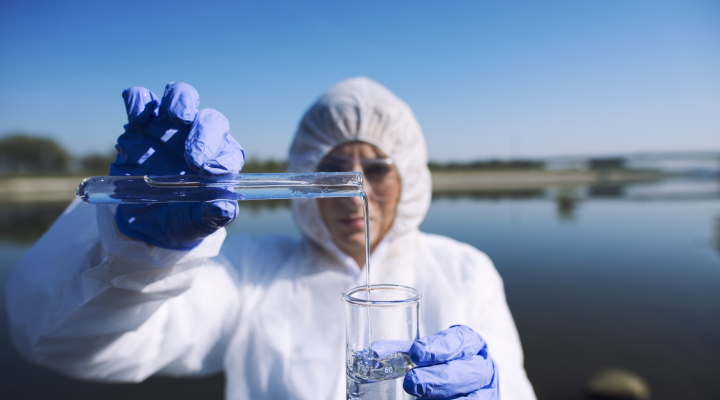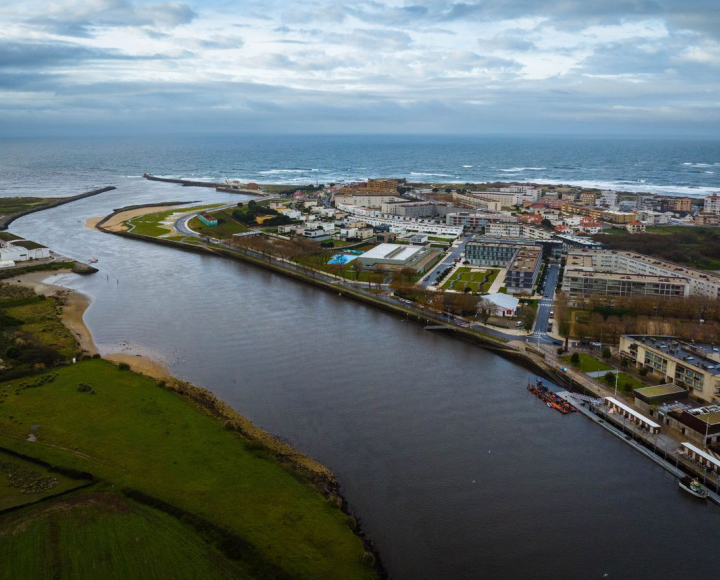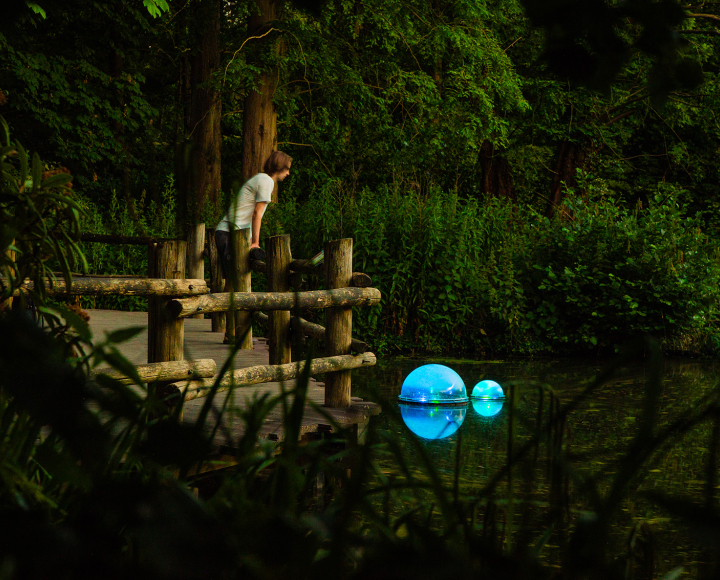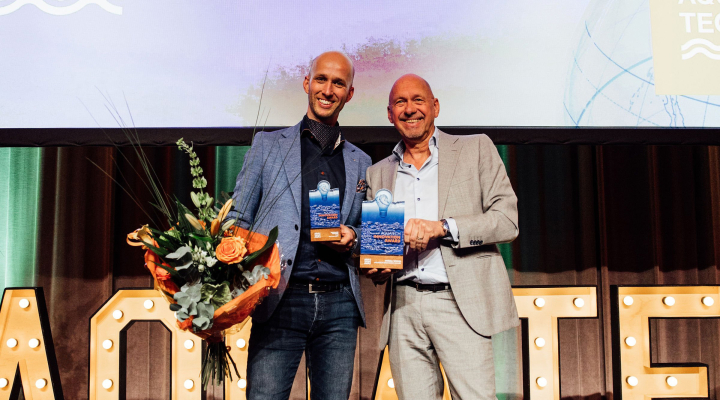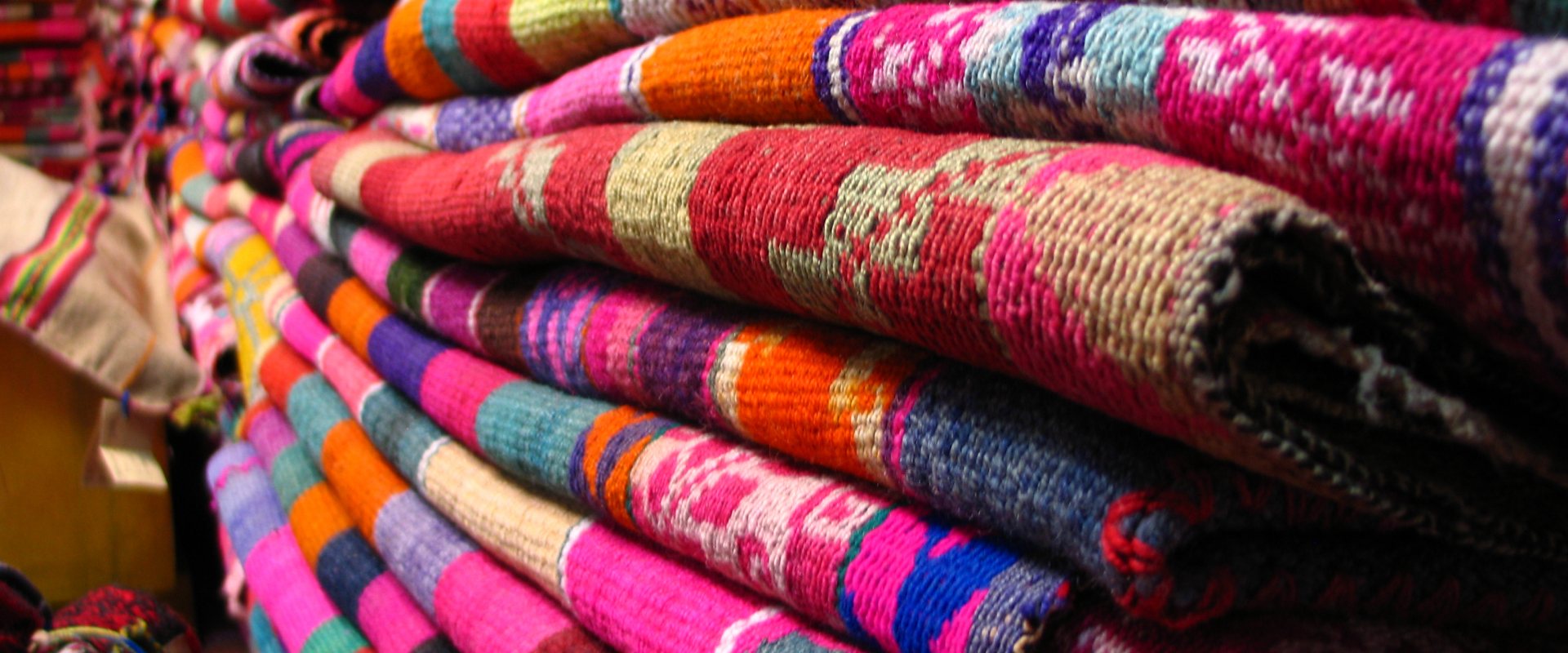
Indian textile factory to close water cycle with one-step nanoflitration
Indian water technology firm Aquarius H2O Dynamics recently selected NX Filtration to supply its hollow fiber direct nanofiltration (dNF) membranes for a water recycling application at Kewal Kiran Clothing Limited (KKCL), a leading denim jeans company in India.
Full decolouring of waste water
Aquarius H2O Dynamics will develop a water recycling plant at KKCL with a capacity of 700 m3 per day based on 32 dNF40 membrane modules of NX Filtration, that removes color completely. It also reduces large parts of chemical oxygen demand (COD) and removes total dissolved solids (TDS) partially from the wastewater. This enables the reuse of this wastewater in KKCL’s facilities.
The system based on dNF technology enables direct treatment of wastewater without intensive pre-treatment and can lead to over 95% recycling of the wastewater stream. In India the treatment of wastewater from the textile industry is high on the political agenda as the discharges contribute to the bad water quality of India’s rivers.
Less treatment steps
Sandeep Patel, director of Aquarius H2O Dynamics, said: ‘Earlier this year we piloted with NX filtration’s nanofiltration membranes, which impressed our customer KKCL with the superior water quality that we could produce. An additional benefit is the compactness and ease of operation of this solution, which can easily be integrated in their operations.
Manish Ghogle, sales manager of NX Filtration in India, emphasises the reduction of treatment steps compared to traditional wastewater treatment. ‘Our innovative hollow fiber direct nanofiltration membranes enable this simple and sustainable process of reusing industrial wastewater, significantly reducing the water footprint of KKCL. Compared to traditional wastewater treatment methods, we reduce the number of filtration steps, avoid the use of chemicals in the pre-treatment of the wastewater and significantly reduce energy use.’
Complex wastewater
In general, the discharged textile wastewater is characterised by a complex mixture of chemicals and coloring agents with low biodegradability and high salinity. Textile wastewater treatment methods include coagulation and adsorption process, biological process and chemical oxidation. However, individually these methods are not enough to remove all the pollutants from textile wastewater. In real applications, a combination is required to reach discharge standards that are strict enough to protect the receiving surface water.
NX Filtration’s inside-out hollow fiber membranes are made of PolyEtherSulfone (PES) with very small pore sizes and narrow pore size distribution. Its direct nanofiltration (dNF) membranes have multiple nano-scale layers that allows very precise and controlled rejection and flux properties of the membrane. Other than a strainer, no further pre-treatment is required.




